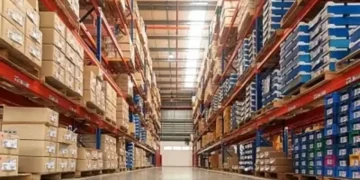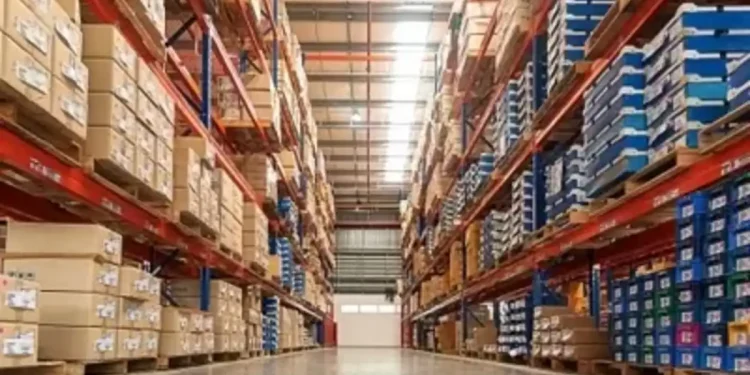By Maria Kalamatas | July 29, 2025
New Delhi, July 29 — India’s capital is rolling out a sweeping logistics and warehousing policy designed to ease traffic, reduce pollution, and streamline freight flows across one of Asia’s busiest urban regions.
“This policy isn’t just about trucks — it’s about modernizing the entire system,” said Rajeev Sharma, joint secretary at Delhi’s Transport Department. “By building new hubs and incentivizing cleaner fleets, we’re tackling congestion and emissions at the same time.”
Urban freight hubs and cleaner corridors
The initiative focuses on creating integrated logistics hubs along the city’s periphery, reducing the need for heavy trucks to enter central districts. Plans also include “green corridors” where only low-emission or electric vehicles will be allowed, backed by subsidies for fleet upgrades.
Officials project that the changes could cut freight-related emissions by up to 20 percent by 2027 while speeding up last-mile deliveries for retailers and manufacturers.
Industry response
Local distributors and e-commerce operators have welcomed the move, citing frequent bottlenecks that add costs and delays to city deliveries. “Peak-hour congestion has been a nightmare,” said Sunita Kapoor, head of operations at QuickCart Logistics. “If this plan clears access for electric vans and streamlines permits, it will save us time and fuel.”
Balancing costs and infrastructure
While the policy promises long-term efficiency, smaller operators warn of near-term costs tied to vehicle upgrades and compliance requirements. Delhi officials say financial incentives, including tax rebates and low-interest loans for fleet modernization, will help offset the burden.
Looking ahead
Construction of the first two logistics hubs is set to begin in early 2026, with full implementation of the policy expected by 2028. The city hopes the framework will become a model for other Indian metros facing similar congestion and pollution challenges.
“If Delhi gets this right, it can set a national benchmark for sustainable freight,” Sharma added.





















